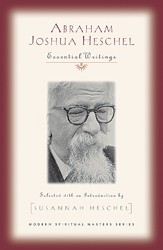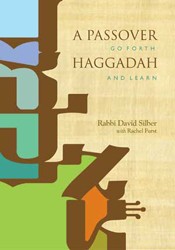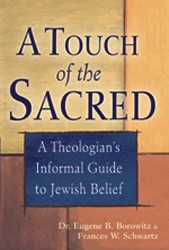Essential to basic Jewish literacy is a broad familiarity with both the Hebrew Bible and the Rabbinic tradition. Two new books have recently emerged to help navigate these two vast, variegated and distinct, yet related, bodies of literature.
In How to Read the Bible, Harvard professor emeritus James L. Kugel presents a thorough survey of the Hebrew Bible, its content, authorship, history, scholarly controversies, and ancient interpretation, fashioned after an introductory course he taught at Harvard University for over twenty years. Throughout its chapters, Kugel explores how modern biblical scholars unpack the biblical text, employing historical literary criticism, the fruits of modern archaeology, as well as the comparative study of ancient Near Eastern texts, to uncover the story of the Bible’s origin, intent, and history of composition. Kugel matches this narrative with an account of how the ancient Jewish and Christian interpreters of the Hebrew Bible read meaning into the Biblical text, an account he more fully developed in this volume’s earlier published companion, The Bible as It Was (Harvard, 1997). In How to Read the Bible, Kugel tells a third story which in many ways brackets the work as a whole, one deeply personal to the author, who has dedicated his life to both the religious practice of Judaism and the academic study of the Bible. How can the contemporary Jewish student of the Hebrew Bible find relevant and resonant meaning in a sacred text that modern biblical scholarship contextualizes and thereby relativizes, and whose own non-traditional truth claims undermine the theological authority of Scripture? Written in a lucid, colloquial style, seasoned with humorous anecdotes and ample illustrations, How to Read the Bible aspires to provide not only an accessible and comprehensive scholarly introduction to the Hebrew Bible and its modern and ancient study, but also a contemporary model of how to read sacred scripture amidst the oppositional pulls of modern scholarship and tradition. How to Read the Bible is written for a popular audience, but not for those with traditional religious sensibilities, as Kugel’s introduction duly warns. Notes, index.
Martin Sicker’s An Introduction to Judaic Thought and Rabbinic Literature has simpler aspirations. It presents an encyclopedic exposition of the rabbinic textual tradition that has shaped 2000 years of religious Jewish civilization and arguably comprises Judaism’s fundamental intellectual legacy. From the Hebrew Bible of the Rabbis to its midrashic interpretation and medieval commentary, from the early legal organizational efforts of the Mishnah and its Talmudic analysis and expansion to the later codification of Jewish law, An Introduction effectively defines terms, describes purpose, and provides crisp examples of the primary genres and exemplars of rabbinic literature. While other such introductions to rabbinic literature have been published before, An Introduction seeks to strike a proper balance between comprehensiveness and manageability. Though not current to the latest academic scholarship on rabbinic literature and its history, An Introduction is written for the beginner adult learner who requires an intelligent, clearly articulated, basic introduction to the rabbinic tradition. Index, notes, references.





